Top 10 Cryptocurrencies Other Than Bitcoin
In the dynamic world of digital currencies, Bitcoin often steals the spotlight. However, the realm of cryptocurrencies extends far beyond just Bitcoin, offering a plethora of options with distinct functionalities and advantages. This list dives into the top 10 cryptocurrencies other than Bitcoin, showcasing the diversity and innovation in the cryptocurrency market. Each of these digital assets brings something unique to the table, whether it’s advanced technology, specific use cases, or a robust community. Understanding these alternatives is crucial in a landscape that’s rapidly evolving, as it opens up opportunities for both investment and technological advancements. So, let’s explore the top contenders in the cryptocurrency arena, each vying for a spot in the digital economy.
1. Ethereum (ETH)

Ethereum, often regarded as the queen of cryptocurrencies, stands out for its robust platform that extends beyond mere financial transactions. It introduced smart contracts, self-executing contracts with the terms directly written into code, paving the way for decentralized applications (DApps) and decentralized finance (DeFi). Its upcoming transition to Ethereum 2.0, which aims to shift from a proof-of-work to a proof-of-stake consensus mechanism, is eagerly anticipated for its potential to drastically reduce energy consumption and improve scalability.
2. Binance Coin (BNB)
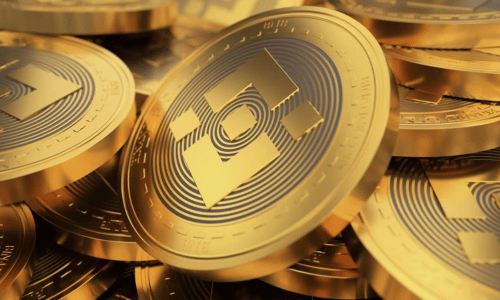
Originally created as a utility token for the Binance cryptocurrency exchange, Binance Coin has evolved into a widely used cryptocurrency for various purposes. It offers reduced transaction fees on the Binance exchange and is used to power the Binance Smart Chain, a blockchain platform that supports smart contracts and DApps. Its versatility and strong backing by the world’s largest cryptocurrency exchange make it a significant player in the crypto space.
3. Cardano (ADA)

Cardano stands out for its research-driven approach and emphasis on sustainability and scalability. It aims to address the common issues of older blockchains, such as energy efficiency and interoperability. With its unique Ouroboros proof-of-stake algorithm, Cardano is considered more environmentally friendly than traditional proof-of-work systems. Its gradual development and rigorous peer-review process reflect its commitment to stability and long-term viability.
4. Ripple (XRP)
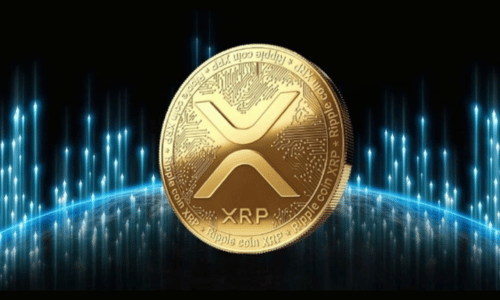
Ripple and its token, XRP, are known for facilitating fast and efficient cross-border transactions, making it a favourite among financial institutions and banks. Unlike many cryptocurrencies, Ripple doesn’t rely on the traditional proof-of-work or proof-of-stake mechanisms but uses a unique consensus protocol that enables quick and low-cost international payments. Its focus on integration with existing financial systems sets it apart in the cryptocurrency world.
5. Polkadot (DOT)

Polkadot is a unique multi-chain interchange framework that enables different blockchains to transfer messages and value in a trust-free fashion, sharing their unique features while pooling their security. Its innovative design allows for a variety of blockchains with different characteristics to operate under the same network, solving the problem of interoperability in the blockchain space. This makes Polkadot a key player in the development of a decentralized web.
6. Chainlink (LINK)
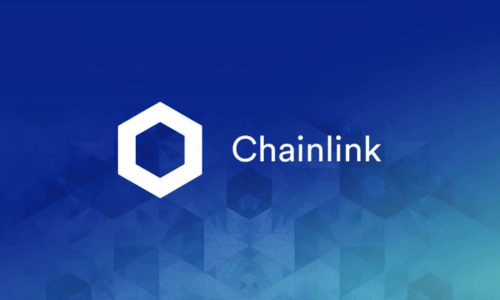
Chainlink is a decentralized oracle network that provides real-world data to smart contracts on the blockchain. It bridges the gap between blockchain and traditional data sources, enabling smart contracts to interact with external data feeds, events, and payment methods. This capability is critical for the practical implementation of smart contracts in various industries, thus positioning
Chainlink is an essential component in the broader blockchain ecosystem.
7. Litecoin (LTC)
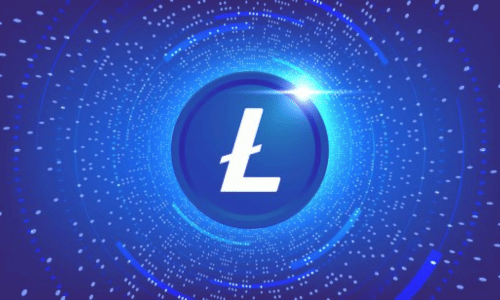
Often referred to as the silver to Bitcoin’s gold, Litecoin was one of the first cryptocurrencies to follow in Bitcoin’s footsteps. Created by Charlie Lee in 2011, it was designed to be a lighter and faster alternative to Bitcoin. With a faster block generation time, Litecoin offers quicker transaction confirmation, making it suitable for small transactions and everyday use. Its longevity and consistent presence in the top cryptocurrencies list make it a trusted player in the market.
8. Stellar (XLM)

Stellar focuses on facilitating cross-border transactions and aims to make financial services accessible to all, including the unbanked population. Its native token, Lumens (XLM), is used within the Stellar network to facilitate multi-currency transactions and provide liquidity. Stellar’s partnership with IBM and its ability to execute transactions quickly and cheaply has positioned it as a key player in blockchain-based financial inclusion.
9. Uniswap (UNI)

Uniswap is a leading decentralized crypto exchange that operates on the Ethereum blockchain. Its UNI token facilitates governance, allowing token holders to vote on changes to the protocol. Uniswap has gained popularity for its role in facilitating automated trading of decentralized finance (DeFi) tokens and for its unique liquidity pool model, which incentivizes users to contribute to liquidity pools in exchange for rewards.
10. Solana (SOL)
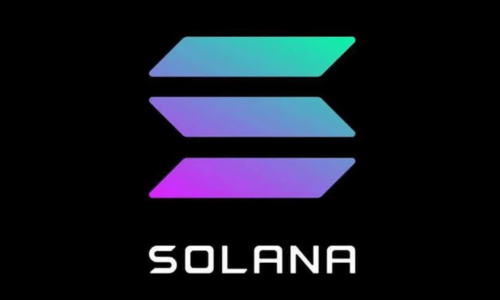
Solana is a high-performance blockchain supporting builders around the world creating crypto apps that scale today. It’s known for its incredibly fast processing times and lower transaction costs. Solana’s hybrid proof-of-history and proof-of-stake consensus mechanism makes it a highly efficient and scalable solution in the blockchain space. Its growing ecosystem includes decentralized finance, non-fungible tokens (NFTs), and more, making it an attractive platform for developers and investors alike.
This list of the top 10 cryptocurrencies beyond Bitcoin demonstrates the diversity and innovation within the digital currency space. Each of these cryptocurrencies offers unique features and caters to specific needs within the blockchain ecosystem, from facilitating fast and efficient transactions to supporting decentralized applications and finance. As the cryptocurrency market continues to evolve, these digital assets are likely to play significant roles in shaping the future of finance and technology. We’ve reached the end of our Top 10 countdown, and we’d love to hear from you! Do you agree with our choices, or is there something we missed that you feel deserves a spot on this list? Let’s start a conversation – comment below with your thoughts and ideas. Your input might just influence our next Top 10!
If you like this, you might like Top 10 Reasons Cryptocurrency Adoption is Critical for the Future





